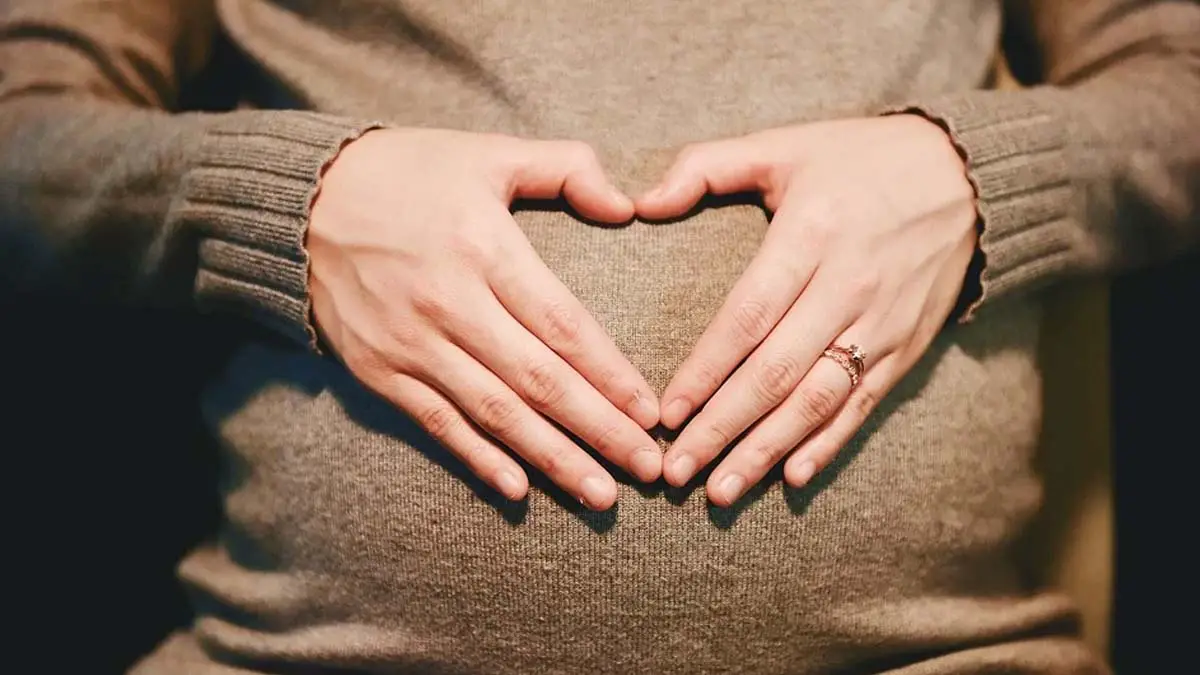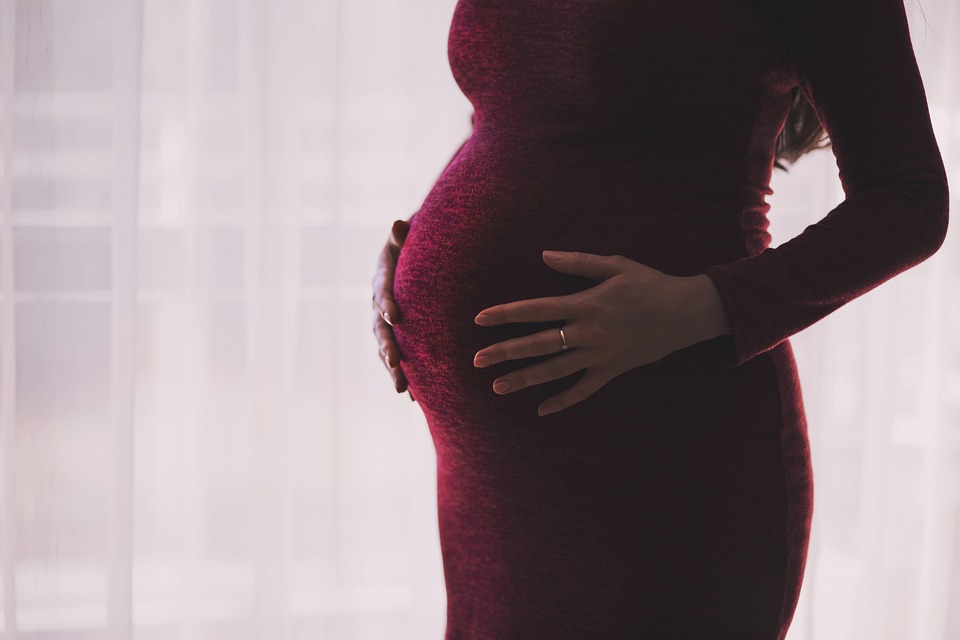
The fertile age ends when the woman stops menstruating, however, at 40, the reproductive possibility of a woman is less than 5% per cycle, so a natural pregnancy is strange.
With the increase in pregnancies of older women, more and more doctors have had to talk to their patients about the increasing risks they face.
Pregnant women after age 40 face an increased risk of gestational diabetes, high blood pressure, heart disease, breast cancer, and miscarriages.
Your children also face an increased risk of chromosomal problems. Some studies show that having an older parent puts the child at risk for autism and other cognitive disorders, such as being born healthy and healthy, the risks vary depending on the patient. “The underlying health is a big factor in the outcome of the pregnancy.
Some women are incredibly healthy at age 40; Others are ill at 20, which makes a big difference in the challenges they may face when pregnant.
In terms of risk with women who are a little older and the potential genetic problems the baby may have, OB / GYN doctors have paid more attention to that.
However, if someone is healthy, and has no medical problems other than genetic issues, there shouldn’t be much to worry about.
Women over 50 have even been seen to a woman in India who had a baby at the age of 70, despite the age she was incredibly fit and everything went fantastic with her pregnancy and birth.
Any patient over the age of 40 who has to be as proactive as possible in her pregnancy.

Any woman who is on the verge of a disease like hypertension, which otherwise would have developed until she reached the age of 60, could be at greater risk, due to a large influx of hormones that occurs with pregnancy.
“It could accelerate the development of the disease, and no matter how good you are with your diet, there is always an increase in weight that occurs with pregnancy, the extra weight of 5 to 7 kilograms after pregnancy increases the risk of heart disease and hypertension.
High levels of estrogen and progesterone can cause an increase in blood pressure and bad cholesterol levels. So we must carefully observe all these elements: The fertile age for women is before 37 years, after 40 the fertility decreases, and pregnancies can be great risks.
The main problem faced by older women, those who are over 37 years of age, is the baby’s chromosomal alterations. In other words, children are at increased risk of genetic problems such as Down syndrome.
Other risks are that delivery will be advanced and babies will be born premature, hypertensive, and metabolic disorders, obstetric complications associated with bleeding, among other factors, that occur in late pregnancies. Biological aging in the sex cells causes inconvenience in both women and men.
Many women believe that 40 is the “perfect” age to have children since many reach a stable life in which they reap their personal and professional successes.
Daljinder Kaur. This Indian woman went around the world last year when she was a first-time mother at 70, after undergoing an IVF process with her husband. The couple had a healthy and strong baby.

